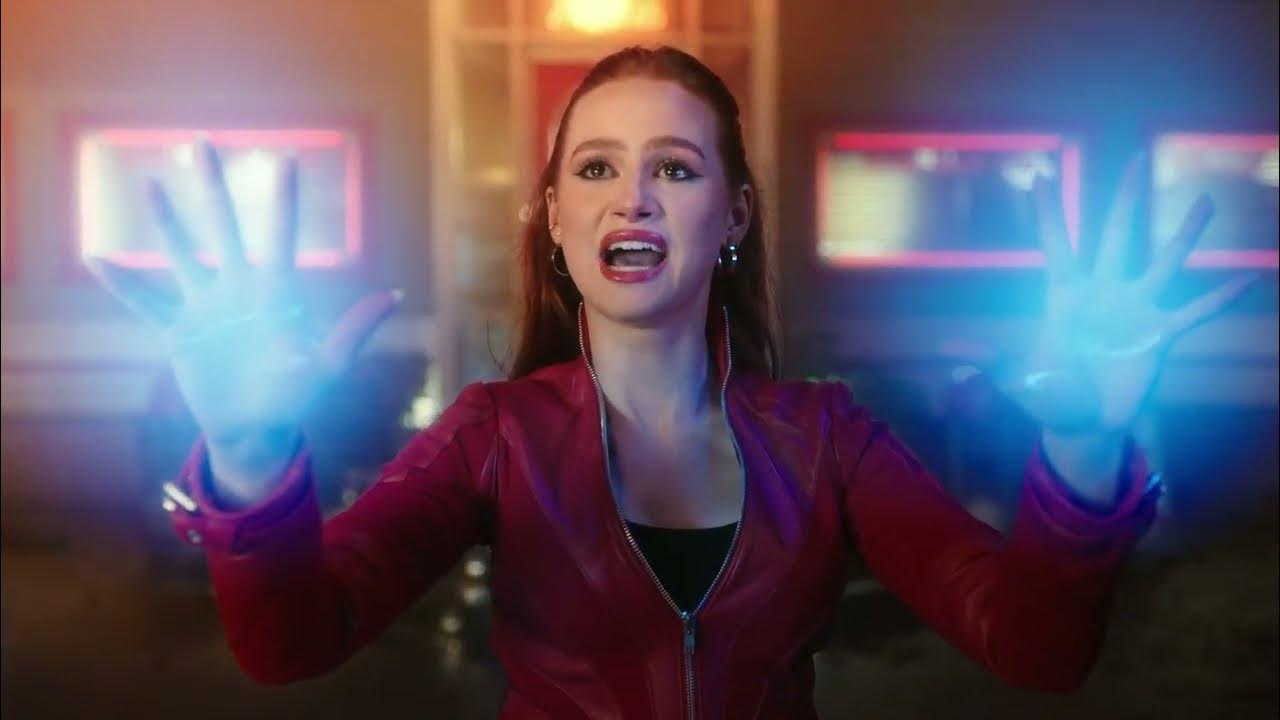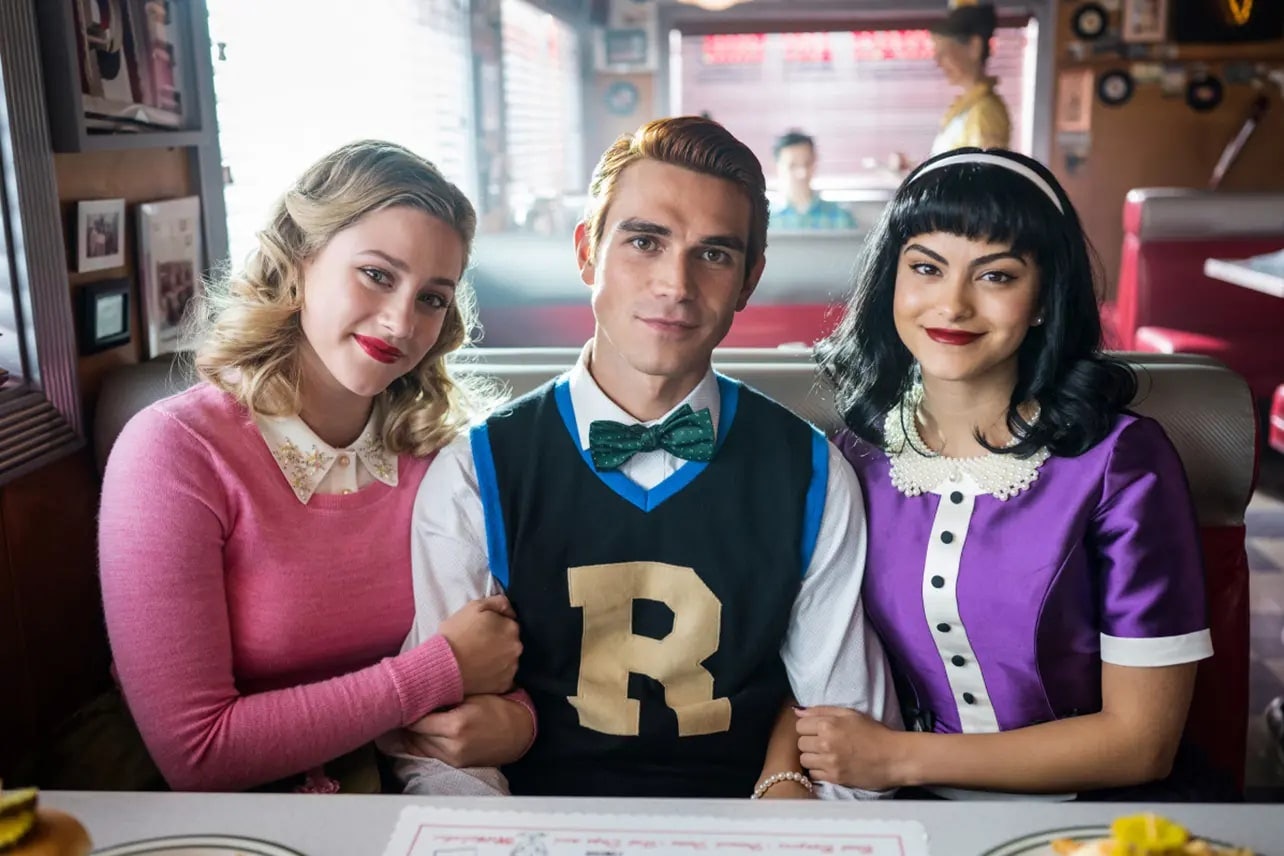
What makes a good adaptation of a comic book character? Comic books, be they featuring Donald Duck, Iron Man, or Asterix the Gaul, are all about hyper-reality. The worlds shown in these comics are like ours, but altered in some way, be that big or small. Even the most “slice of life” comics are inherently altered from our world because of the comics medium itself.
But what happens when an adaptation of one of the most saccharine, suburban comics slowly morphs into the most ambitious shows ever made? You get Riverdale, a giant, sprawling teen drama that never met a plotline it wouldn’t shoehorn in. After its final episode, it’s clear this series should be studied alongside the MCU in the art (and science) of comic book adaptation.
The 2010s introduced the concept of the “gritty reboot,” adaptations that focused on the darker elements of the character. They were designed to be directly opposed to the larger-than-life elements that made the comic characters who they are — Adam West’s Batman may have captured the hyperreality of the original comics, but Christian Bale’s Batman offered a “gritty reboot.”
When Riverdale was announced in 2016, it seemed to be the final nail in the “gritty reboot” coffin. A dark live-action adaptation of the Archie comics starring a Sprouse twin as a broody, film nerd Jughead? It was the foregone conclusion of the CW’s IP mining, then at the height of the “Arrowverse.” But unexpectedly, Riverdale blew any preconceived notions about it out of the water.

At first, Riverdale seemed to cruise on that “gritty” label all too easily. It followed a murder mystery set in the usually idyllic world of Riverdale with some dark twists: Archie’s being groomed by a teacher, Betty has a “dark” alter ego, and Jughead is a legacy member of a biker gang. Slowly, the series morphed from an exploration of childhood characters going through after-school special fodder to a show that was willing to try any plot twist.
The murder mystery turned into a serial killer, which turned into the establishment of a “serial killer gene” that Betty carries. The after-school special storyline about Betty’s sister staying with the “Sisters of Quiet Mercy” at home for troubled teens turned into a place for conversion therapy, and later, a hotbed of “Gryphons and Gargoyles”-based satanic panic.
This drift in scope culminated in the “Rivervale” crossover event where the world of Riverdale clashed with The Chilling Adventures of Sabrina. Crossovers like these were actually rampant throughout the comics, but the gritty realism of Riverdale didn’t seem conducive to the witchy action of Sabrina. However, this move was probably one of the smartest shifts the show ever made.
It was when Cheryl Blossom was revealed to be a witch, Betty was sent on a hunt for La Llorona, and the literal Devil came to town that Riverdale evolved to its final form. Suddenly, these characters weren’t just teen drama characters with the faces and names from an old comic, but archetypal characters who could be fit and molded into whatever genre the show wanted to explore. And it explored every genre.

No matter if it was a musical, a multiverse story, a cult moving into town, a time skip, or a flashback to the 1950s, Archie, Betty, Veronica, and Jughead found the same pitch-perfect balance of drama and campiness. This was heightened by a self-aware streak of pop culture references: uniforms from Call the Midwife and Neon Genesis Evangelion made their way into the show’s costuming, and whole episodes became send-ups of The Breakfast Club or Silence of the Lambs.
By the end of the series, when it was revealed that Archie, Betty, Veronica, and Jughead were in a four-way polyamorous relationship for a whole year in the 1950s era, Riverdale had become the ultimate comic book adaptation. The drama was over-the-top from the beginning, but kept finding ways to top itself. It evolved by constantly reinventing itself. Most importantly, like all the best comic franchises, it never took itself seriously. It may have been “gritty,” but it was never serious.
Now, pop culture sees the dark take on comic book media as default: Batman is inherently broody, the MCU is inherently tied to a world-changing decimation of half the populous. Over the course of seven seasons, Riverdale found a way to balance multiple wildly different tones with one guiding light: it’s just a silly show. That attitude is why so many fans flocked to the frothy Archie Comics, and it’s the secret sauce that secured this franchise in comics history.







